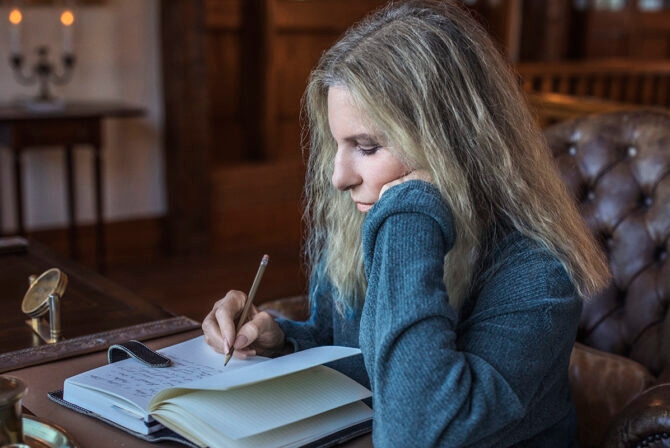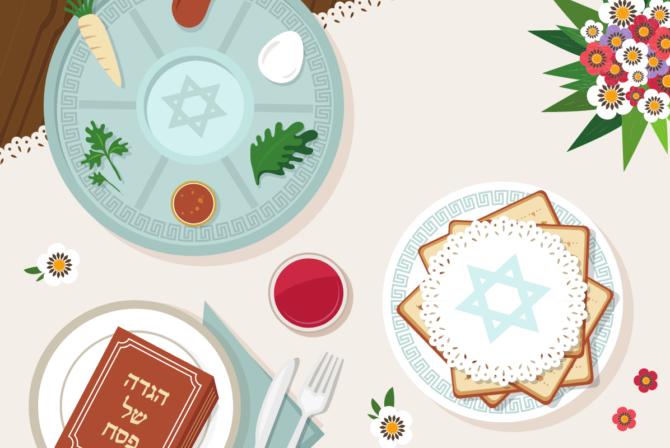It is April and my husband and I are pushing tiny onion bulbs into muddy soil, caring for trays and trays of tiny seedlings and gearing up for Passover. We run a small organic farm about 20 miles outside Washington, DC where we grow vegetables, strawberries, herbs, and flowers. While few Jews choose to farm, we find that farming integrates more seamlessly into a Jewish life than we ever could have imagined.
When we build a
Sukkah
in our farm field, we intuitively understand both the physical need for a shady hut during harvest season and the emotional need to stop and enjoy meals even during the busiest season. On Passover, we can bring our own parsley and early asparagus to seder and on Hanukkah we still have some of our own potatoes and sweet potatoes for latkes.
Like most American Jews, my husband and I did not grow up farming. We met in college where we learned the ideas behind organic agriculture and very basic farming skills. After college we spent time in Israel on kibbutzim where Jewish life and farming go hand in hand.
Starting a farm from scratch was a pretty daunting prospect and it took us a while to gather our courage. We started looking around the Washington area so we could keep our day jobs while we tried farming. Within a year, we bought a former tobacco farm in commuting distance to Washington and almost immediately started tilling the soil and growing vegetables for a small local market. Fast forward 9 years, and we have a 4-year-old and a baby and are still farming.
Our farm has developed with us, we now market primarily through community supported agriculture or CSA. Since we deliver our CSA shares to Capitol Hill, we are lucky to be one of the few CSAs in the country with members that help set national agricultural policy while staffing Senate offices and the USDA. And we are expanding into a new business called Israeli Harvest where we are supporting Israeli farmers by using the CSA model.
We are happy that our children are growing up with hands-on farming experience. Our 4-year-old knows how to plant, pull weeds, and will instruct guests how to stay on garden paths. And our baby can grab ripe blueberries and get them straight from the plant to her mouth.
On the downside, if we wanted to walk to a shul–any shul–for Shabbat services, we would need to set off by Wednesday. Last time I was in Israel and explained our family farm to kibbutz members, they asked, “But you farm all alone, just with your family?” In Israel, the family farm is not really a concept, people farm collectively, on Kibbutzim and Moshavim. They ask, “isn’t it lonely?” And yes sometimes it is, a little bit.
Luckily, much of Judaism is family based and Shabbat with homemade challah is a touchstone for our week. We are also blessed to serve as an informal retreat for many of our DC and Silver Spring friends who come for visits and sometimes spend the whole weekend. I guess the grass is always greener on the other side of the beltway: they have Jewish schools, shuls, and delis nearby but worry that their kids don’t spend enough time outside. We have plenty of nature but worry about our kids growing up outside Jewish community.
In recent years, a young Jewish farming movement has sprouted up lead by organizations like Adamah, Jewish Farm School, and Kayam. There are groups of Jewish farmers who get together to talk about everything from Torah and farming to composting and raising Kosher meat. There are growing numbers of people who share our values and tons of potential to create something bigger together. Maybe some Kveller readers will want to pick up a trowel and join the fun.
Tanya Tolchin is a manager at Israeli Harvest, a farmer at Jug Bay Market Garden, a writer, an environmentalist and most importantly a mom. She has a new blog: On the Lettuce Edge.







